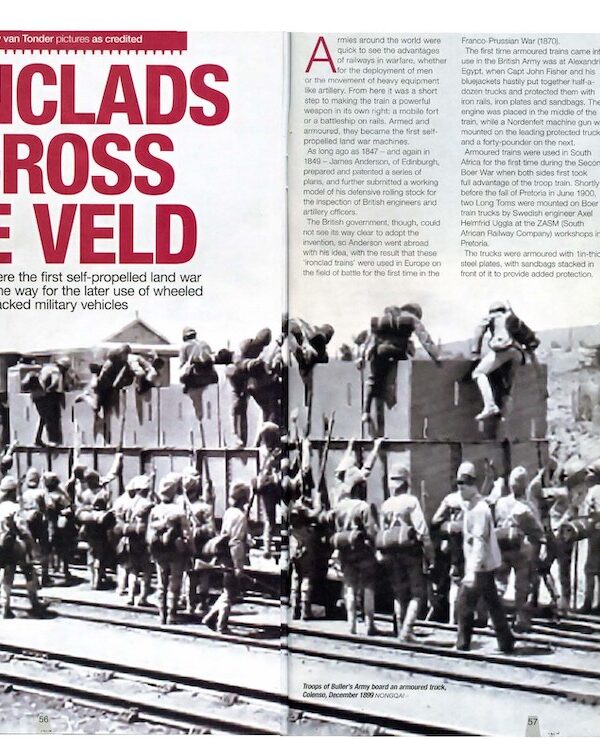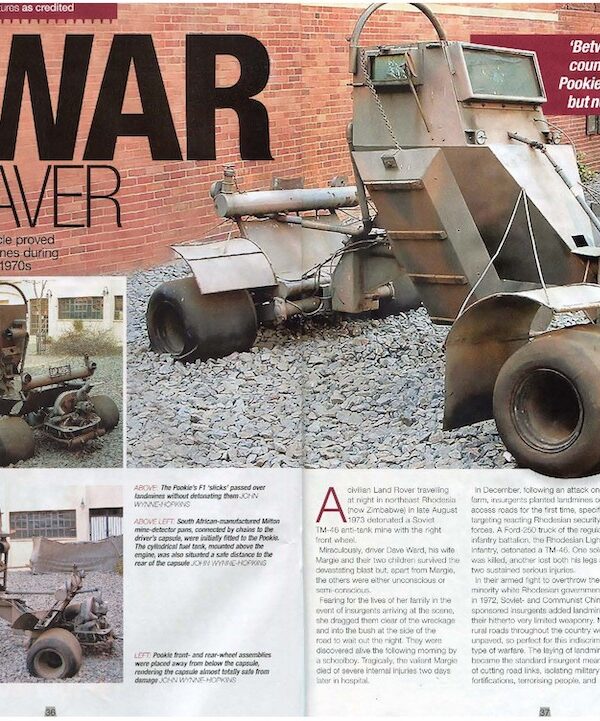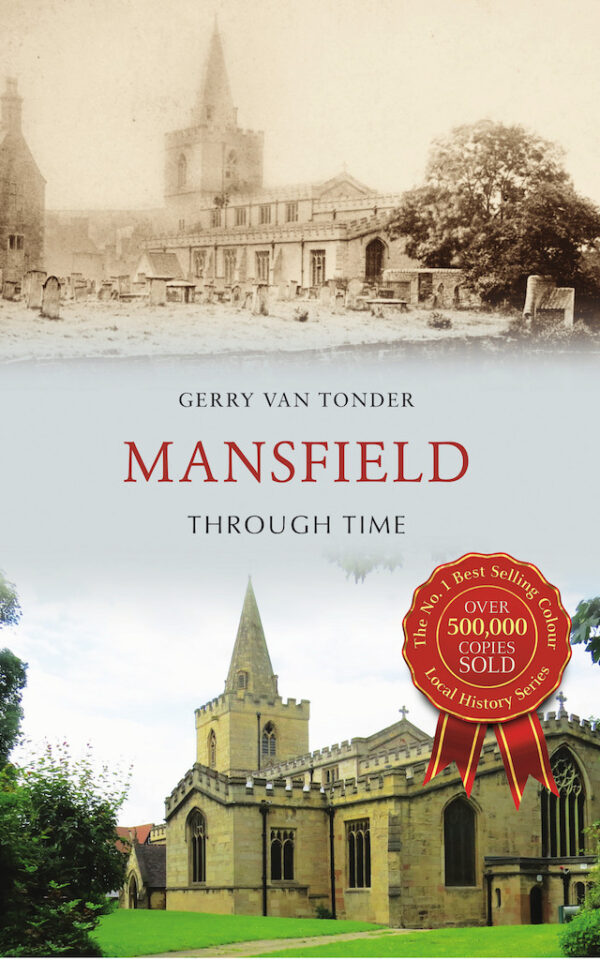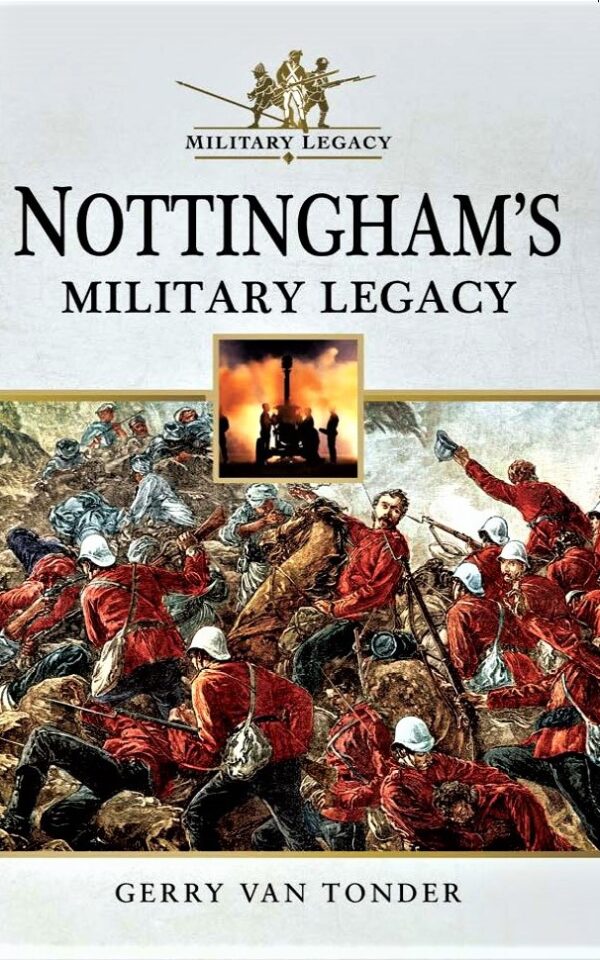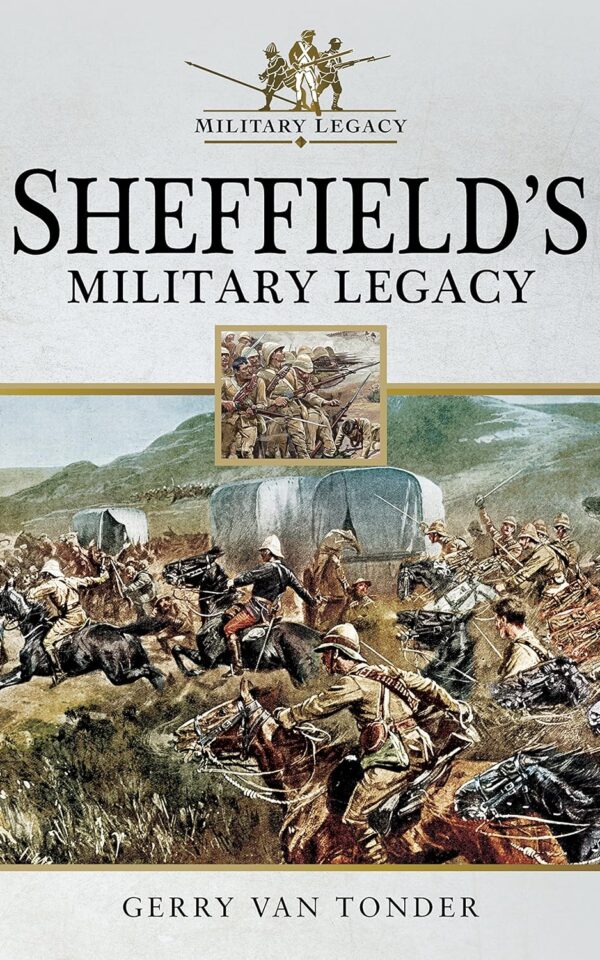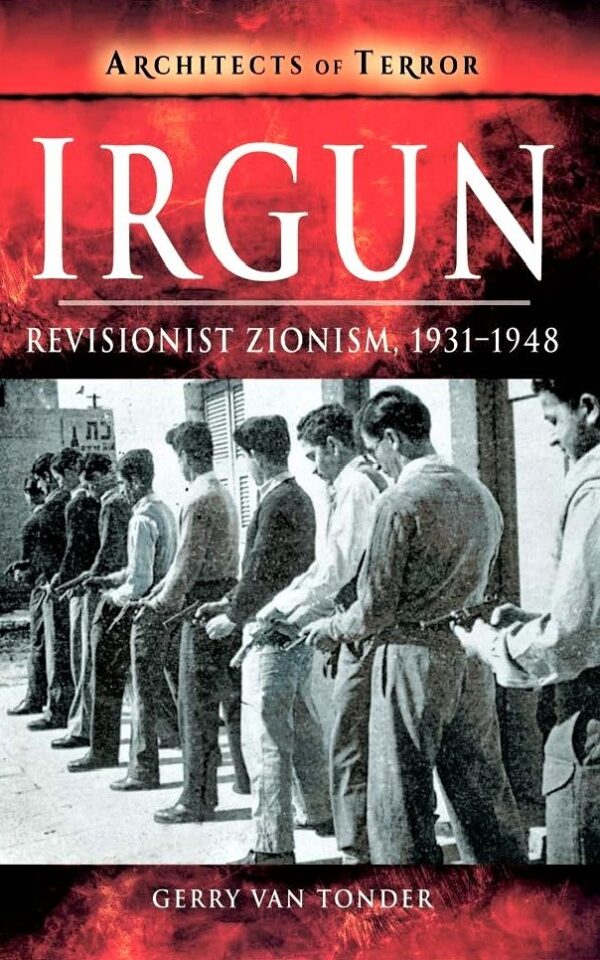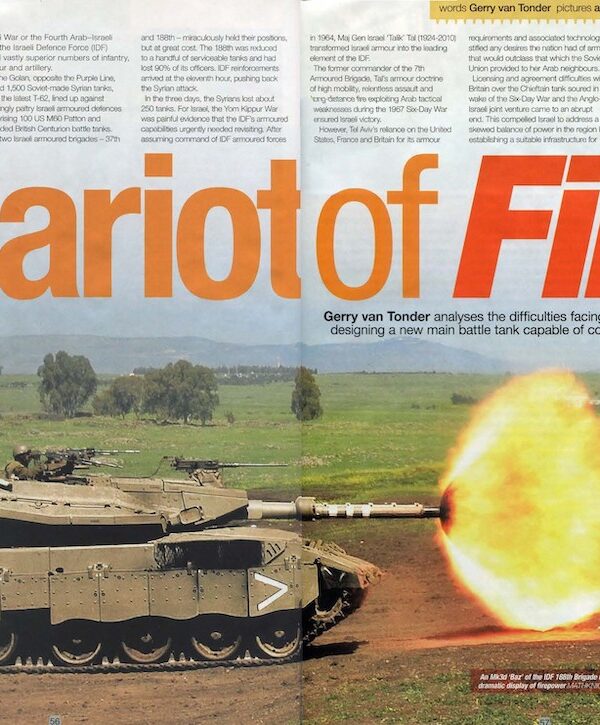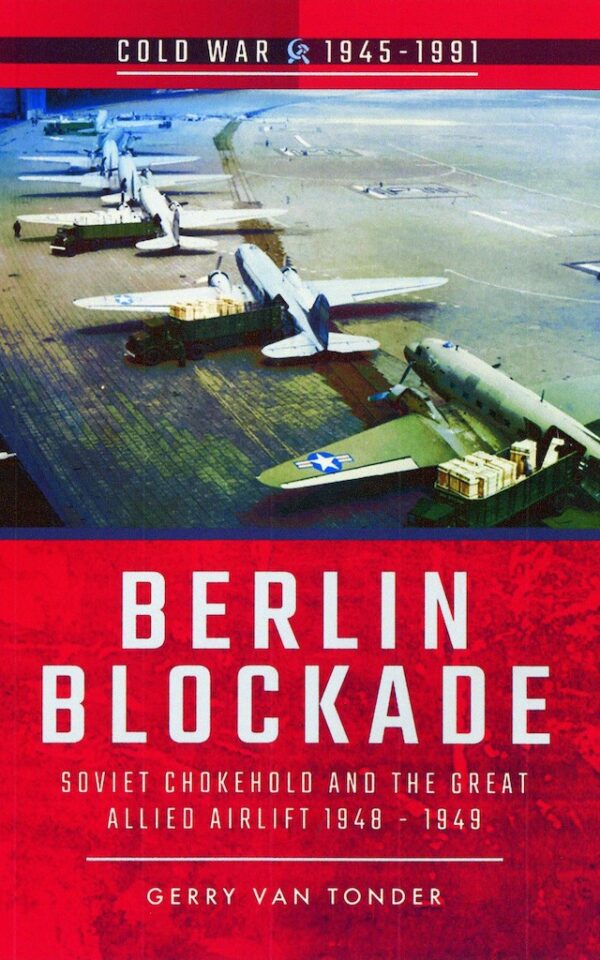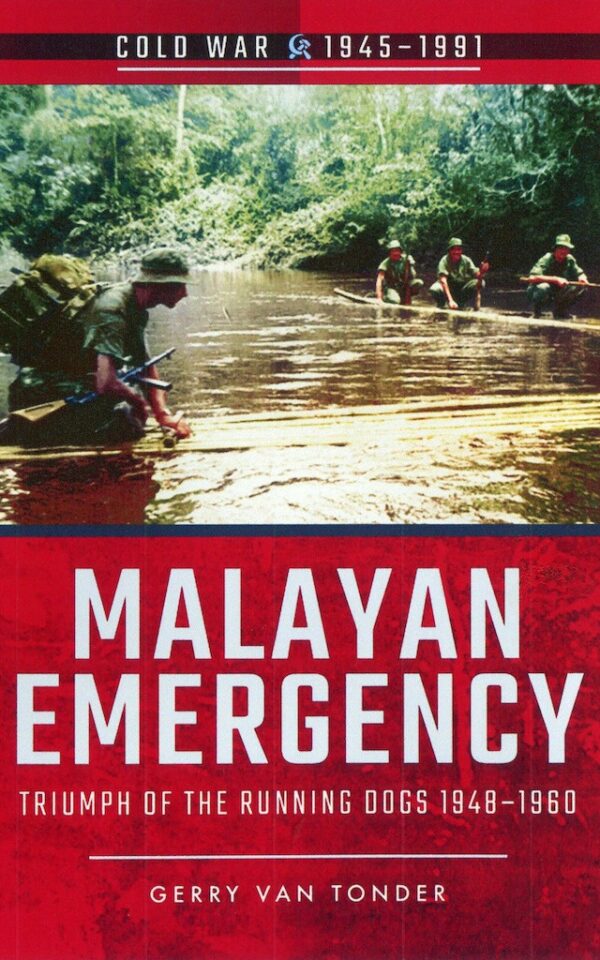Ironclads Across the Veld
As long ago as 1847—and again in 1849—James Anderson, of Edinburgh, prepared and patented a series of plans, and further submitted a working model of his defensive rolling stock for the inspection of British engineers and artillery officers. The British Government, though, could not see its way clear to adopt the invention, so Anderson went abroad with his idea, with the result that these ‘ironclad trains’ were used in Europe on the field of battle for the first time in the Franco-Prussian War (1870).

